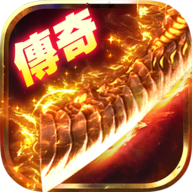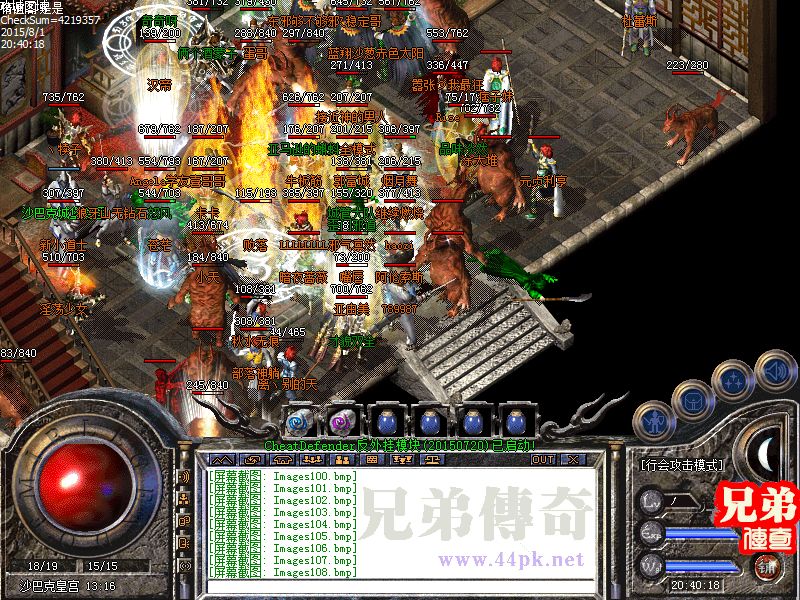网通新开1.85仿盛大传奇私服发布网站
47877开服网
- admin 2024年9月19日0
Chuanqi: The Fascinating World of Chinese Mythology
Chuanqi, a term that resonates with the rich tapestry of Chinese mythology, refers to a genre of literature that combines elements of the supernatural, folklore, and historical narrative. This genre has played a significant role in shaping Chinese culture and identity, allowing generations to explore their beliefs, values, and traditions through captivating stories. In this article, we will delve deeply into the concept of chuanqi, its origins, its significance in literature, and how it continues to influence contemporary storytelling.
The Origins of Chuanqi

The origins of chuanqi can be traced back to the Tang Dynasty (618-907 AD), a golden age for literature and the arts in China. During this period, storytellers and authors began to experiment with narrative styles that blended historical fact with mythological elements. The result was a series of tales that engrossed audiences and sparked imaginations. As these stories circulated, they contributed not only to the development of Chinese literature but also to the broader spectrum of folk traditions and oral histories that existed across the country.

Chuanqi literally translates to "transmitted tales" or "tales of supernatural events," highlighting the genres core emphasis on storytelling. It encompasses a wide range of narratives, including tales of love, adventure, the supernatural, and even moral lessons. Characters in these stories often embark on journeys filled with trials and tribulations, encountering deities, spirits, and mythical creatures along the way. This element of the supernatural adds a layer of intrigue, making chuanqi a captivating genre for both the storytellers and their audiences.
Significance of Chuanqi in Chinese Literature
The significance of chuanqi extends beyond mere entertainment; it serves as a reflection of the cultural and philosophical beliefs prevalent in society at the time. Many of the stories feature key themes such as loyalty, bravery, and the eternal struggle between good and evil. These themes not only resonate with readers but also provide moral guidance, illustrating the values that were important in ancient Chinese society.
Moreover, chuanqi has had a lasting impact on later literary forms. The genre paved the way for the development of the novel in China, particularly during the Ming (1368-1644) and Qing (1644-1912) dynasties. Classic works such as "Journey to the West" and "The Butterfly Lovers" owe their narrative structures and thematic elements to the traditions established by chuanqi. Thus, the influence of chuanqi can be seen not only in literature but also in various forms of art, including opera, painting, and even contemporary media like film and television.
Modern Interpretations and Influence
In the modern era, chuanqi has experienced a resurgence in popularity, with contemporary authors drawing inspiration from its rich narrative traditions. Writers are now reimagining these classic tales for a new generation, often blending traditional elements with modern themes and settings. This fusion allows for a fresh exploration of age-old stories, making them relevant in todays fast-paced world.
Furthermore, chuanqi has transcended cultural boundaries, captivating audiences beyond China. Translations and adaptations have introduced international readers to the enchanting world of Chinese mythology, sparking interest in the genre. As a result, chuanqi has become a bridge that connects diverse cultures, fostering a greater appreciation for Chinese literature and the narratives that shape its rich heritage.
Conclusion: The Enduring Legacy of Chuanqi
In conclusion, chuanqi remains a vital part of Chinese cultural identity, serving as a testament to the power of storytelling. Its blend of history, mythology, and moral lessons allows it to resonate across generations, ensuring its relevance in a rapidly changing world. As we continue to explore the depths of chuanqi, we uncover not only the intricate narratives of the past but also the values and beliefs that continue to inspire us today. Whether you are a newcomer to this genre or a long-time admirer, chuanqi undoubtedly offers a fascinating glimpse into the rich traditions of Chinese mythology and literature.
文章内容页下在线分享
Chuanqi: The Fascinating World of Chinese Mythology
Powered By 2020-2025 Theme By 网站地图
评论列表: